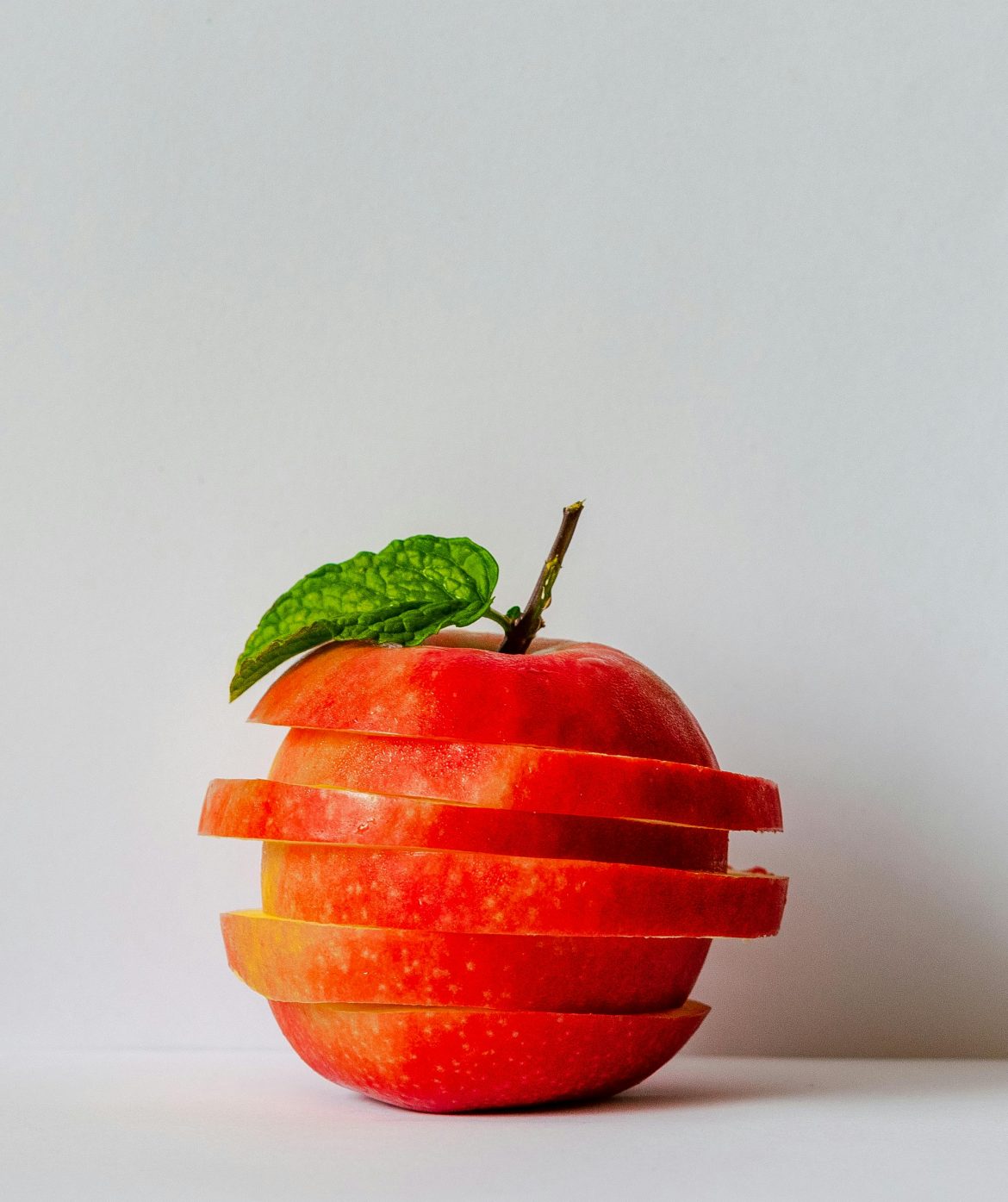Constipation is a common and often emotionally taxing issue that many of us sometimes experience. The discomfort of not being able to pass a bowel movement is something most people can relate to. When this happens regularly, it is often linked to our diet and the types of foods we consume.
To ensure that we have regular healthy bowel movements, it is important to be mindful of what we eat. Foods high in fiber, like fruits and vegetables, are essential for ensuring that our stools are both the right consistency and frequent.
Symptoms of constipation:
- Feeling bloated or blocked.
- Difficulty or inability to pass a bowel movement.
- Hard stool.
- Going to the bathroom irregularly (less than 3 times per week).
What is fibre:
Many people recognise the term “fibre” from cereal boxes or bread packaging. Fibre is a term used to describe a type of carbohydrate that is naturally found in plant organisms.
Why is fibre so important?
What makes fibre so important is its role in digestion. Unlike starch or sugar, fibre is not digested in the small intestine but rather the large intestine. Having a fibre-rich diet is extremely important, especially if you struggle with irregular bowel movements.
Types of fibres:
Soluble fibres: This type of fibre helps with natural stool softening. Soluble fibres are dissolvable in water and form a gel-like cast around the stool. They also potentially help to lower blood cholesterol and sugar levels.
Insoluble fibres: A form of fibre that does not dissolve in water. Insoluble fibres help move stool through the digestive system, increasing its speed and adding bulk. Insoluble fiber cannot be broken down in the digestive tract, therefore it passes through the body relatively quickly.
Having a healthy balance of both insoluble and soluble fibres in your diet is vital as it reduces symptoms such as bloating, constipation and gas.
High-fibre foods to eat to help with constipation:
1. Fruits:
Consuming fruit is a great way to get in those amazing natural fibres which will increase your bowel movements.
- Apples: Rich in pectin which can contribute to frequent stools, decreasing the risk of having stools that are hard. Apples also contain high levels of water which is great for easing digestion.
- Grapes: The skin of grapes are amazing sources of fibre and water.
- Citrus fruits: Citrus fruits like grapefruit, oranges and naartjies are not only delicious but have potential constipation relief properties, especially in the peels which contain both pectin and naringenin.
2. Yoghurt:
Eating yoghurt is beneficial for improving the health of our gut and is especially high in probiotics. These also help with softening the stool.
3. Vegetables:
Like fruits in that they contain a significant amount of fibre helping with bulking up the stool encouraging our systems for regular bowel movements. Having a good balance of vegetables in your diet also helps to ensure gut health.
4. Legumes:
Legumes are rich in both soluble and insoluble fibres. Foods like lentils, beans and peas can all help with regular bowel movements.
5. Whole wheat breads and cereals:
Great source of insoluble fibres in the diet. Eating foods with bran can help with regular bowel movements. It is suggested that these should be eaten raw to see the full benefits or slightly cooked.
6. Staying hydrated & exercise:
Drinking a significant amount of water is very important for your health. Exercise combined with a healthy diet and hydration is essential to ensuring that not only you feel great, but it also helps with healthy bowel movements.
Foods to stay away from:
Foods that are considered high in fat include- butter, grease, oil. Eating lots of fried and processed foods is also a huge contributor to constipation.
It’s important to maintain balance in your diet. If you frequently struggle with painful constipation, it’s advisable to consult a doctor or healthcare professional.
ALSO SEE: What you need to know before drinking baking soda water: TikToks latest health trend
What you need to know before drinking baking soda water: TikTok’s latest health trend
Feature image: Pexels

